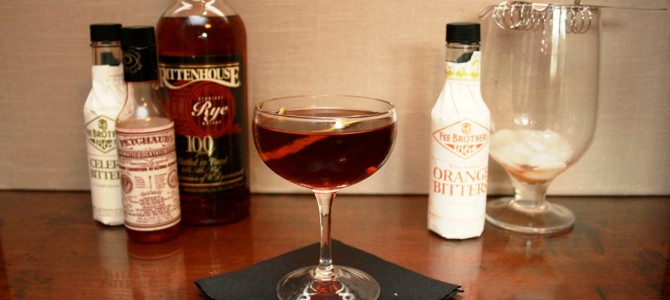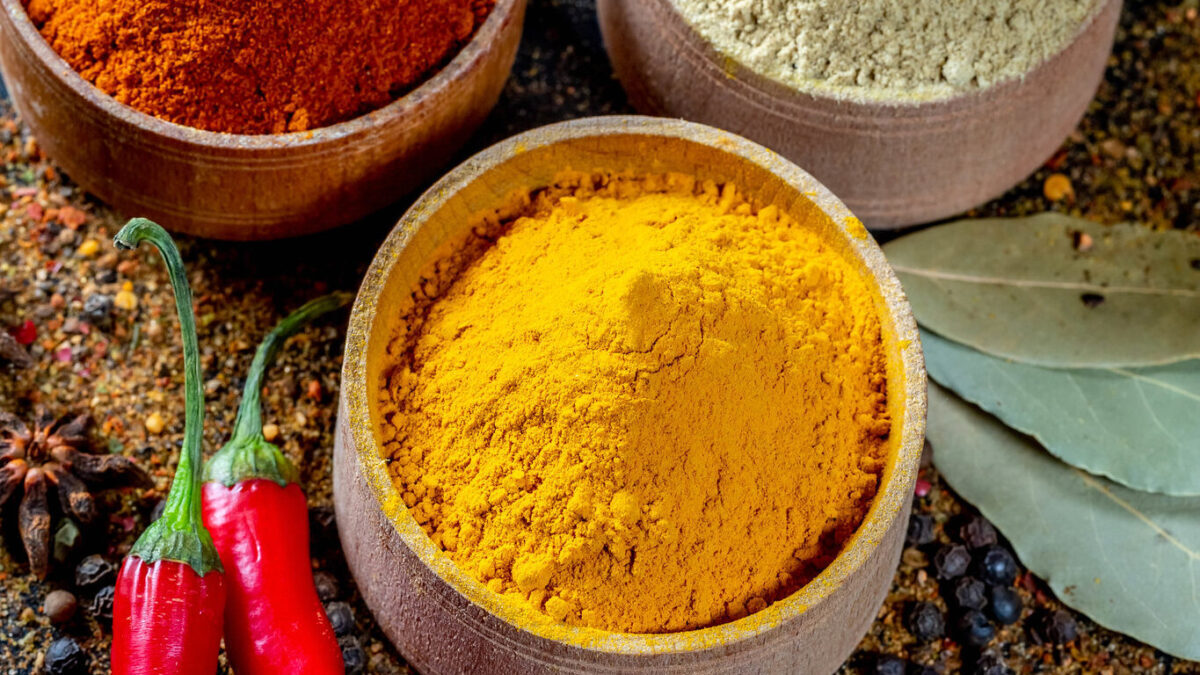I typically refrain from much topical commentary in this space, preferring instead to light on random topics that are of interest to perhaps a dozen people. While I fully intend to maintain that latter element in this weekend’s article, I thought I might deviate a bit from the former to mark the passing of Maya Angelou.
I was no great fan of her poetry, I admit. I haven’t studied her beyond “I Know Why the Caged Bird Sings,” which ranks – in my amateur opinion – as “pretty good.” Whatever your opinion of her may have been, the lady was a cultural icon. This is a feat we aren’t likely to see repeated by a writer of poems anytime soon. The truth is I’m not a great fan of any currently active poet, which puts me squarely in the same camp as most of America.
Why don’t we read poetry anymore, as a culture? It could be that the artform took the same nosedive into niche irrelevance and deconstructed impenetrability that modern sculpture and painting did. I have a theory that actual art must possess some element of universal appeal, beyond appeal to the artist himself. Art should be accessible – not necessarily the lowest common denominator schlock that currently passes for literature, but not so befogged by personal significance that a layman has no hope of understanding it without a tedious lecture from an art critic. It’s the same with poetry. While a good many modern poems are readable, a distressing amount are puerile trash.
Perhaps the fault lies not in our art, but in ourselves. I certainly don’t read as often or as well as I should. Constant alerts, texts, likes, shares, and…whatever the kids are into now have eroded our attention span. We barely read the articles we share on Facebook. Like this one – did you read this far? When we do settle in to read a few hundred words, they’d better be easy to digest. Something that requires multiple readings to fully appreciate, as poetry most certainly does, just wouldn’t seem to suit the modern palate.
Whatever the cause, poetry has fallen off rather severely in the last hundred years or so. Will another poet develop the same cachet as Maya Angelou? I doubt it. Time was, a man might have scored major points by rattling off a sonnet from memory, but today he’d just be looked at as a strange throwback.
Speaking of throwbacks…
The Fourth Regiment
This is another of those older, forgotten cocktails that has benefited from the focus in recent years on resurrecting classic drinks. As with other examples, my hat is tipped to the historians who dug it up.
While similar in some ways to a Manhattan, the use of celery bitters takes the Fourth Regiment in an unexpected but rewarding direction. It’s weird, I know, but I wouldn’t steer you wrong. Bear with me.
Celery bitters were referenced in cocktail recipe books over a century ago, but fell out of fashion and the recipe was lost to history. In the last couple years, a few enterprising souls have recreated this flavorful, interesting bitters as best they could. You could easily add them to a Bloody Mary and avoid getting stringy celery caught in your teeth.
That’s another article, though. To make the Fourth Regiment, you’ll need the following:
- 1 oz rye whiskey
- 1 oz sweet vermouth
- 1 dash Peychaud’s or Angostura bitters (your choice)
- 1 dash orange bitters
- 1 dash celery bitters (try The Bitter End, or Fee Bros.)
- lemon twist for garnish (optional)
Add liquid ingredients to a mixing glass with ice and stir until cold. If you’d like a garnish, express the lemon twist over a chilled coupe glass, then drop it in. Strain the mixture into the glass.
The Fourth Regiment distinguishes itself by use of the celery bitters. Before you sip, take a moment to smell the drink. You’ll pick up a distinctive celery aroma immediately, almost like a celery salt.
Using rye and vermouth in equal measure means the Fourth Regiment is sweet – not so robust and spicy as a Manhattan. It’s balanced, and isn’t as hard-hitting. The orange and Angostura bitters round out the flavor somewhat, though the orange is a bit difficult to pick out. Subbing out the Angostura for Peychaud’s will also mildly alter the final product – try it both ways. I found that after repeated testing I preferred it with both Angostura and the lemon twist.
The celery bitters are the main show, though. They give it a savory, vegetal kick that you can’t find in many other cocktails. If you’re feeling even remotely adventurous, I recommend it.









